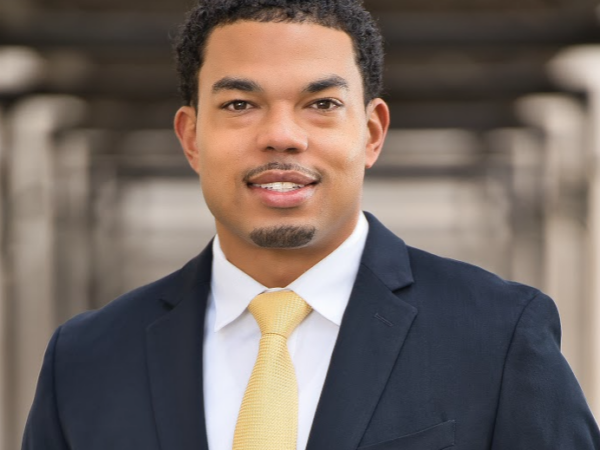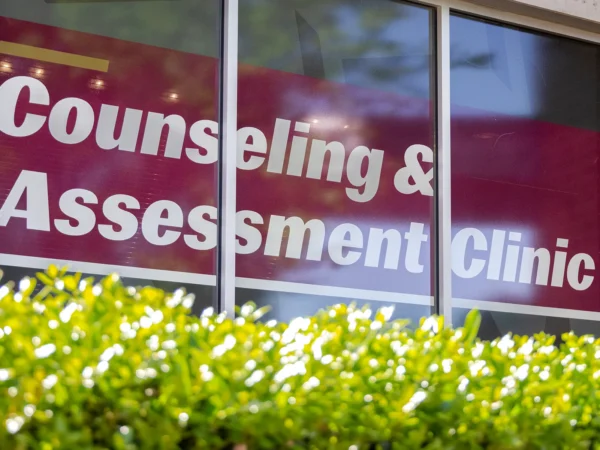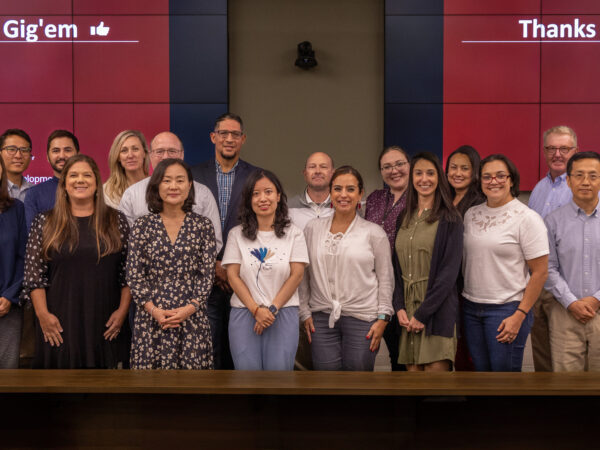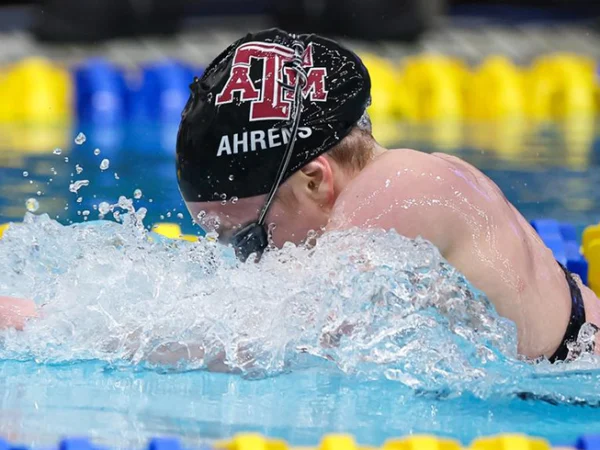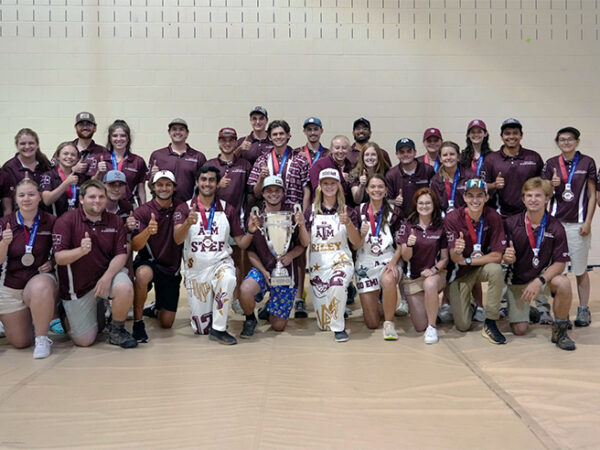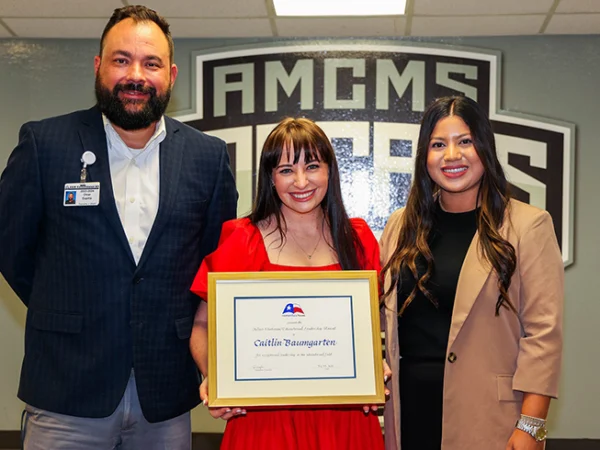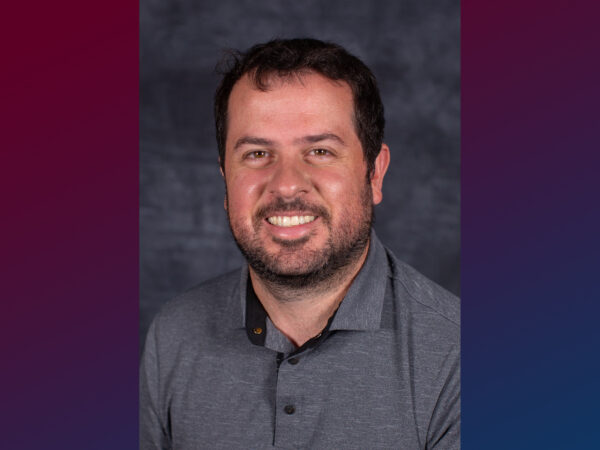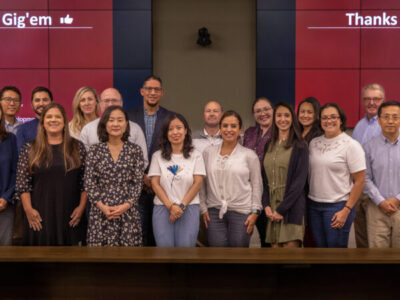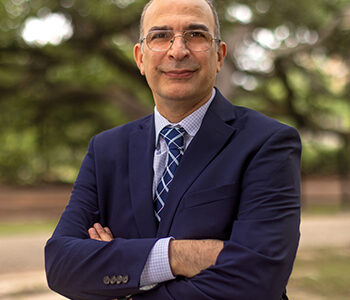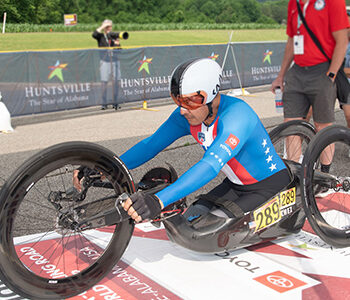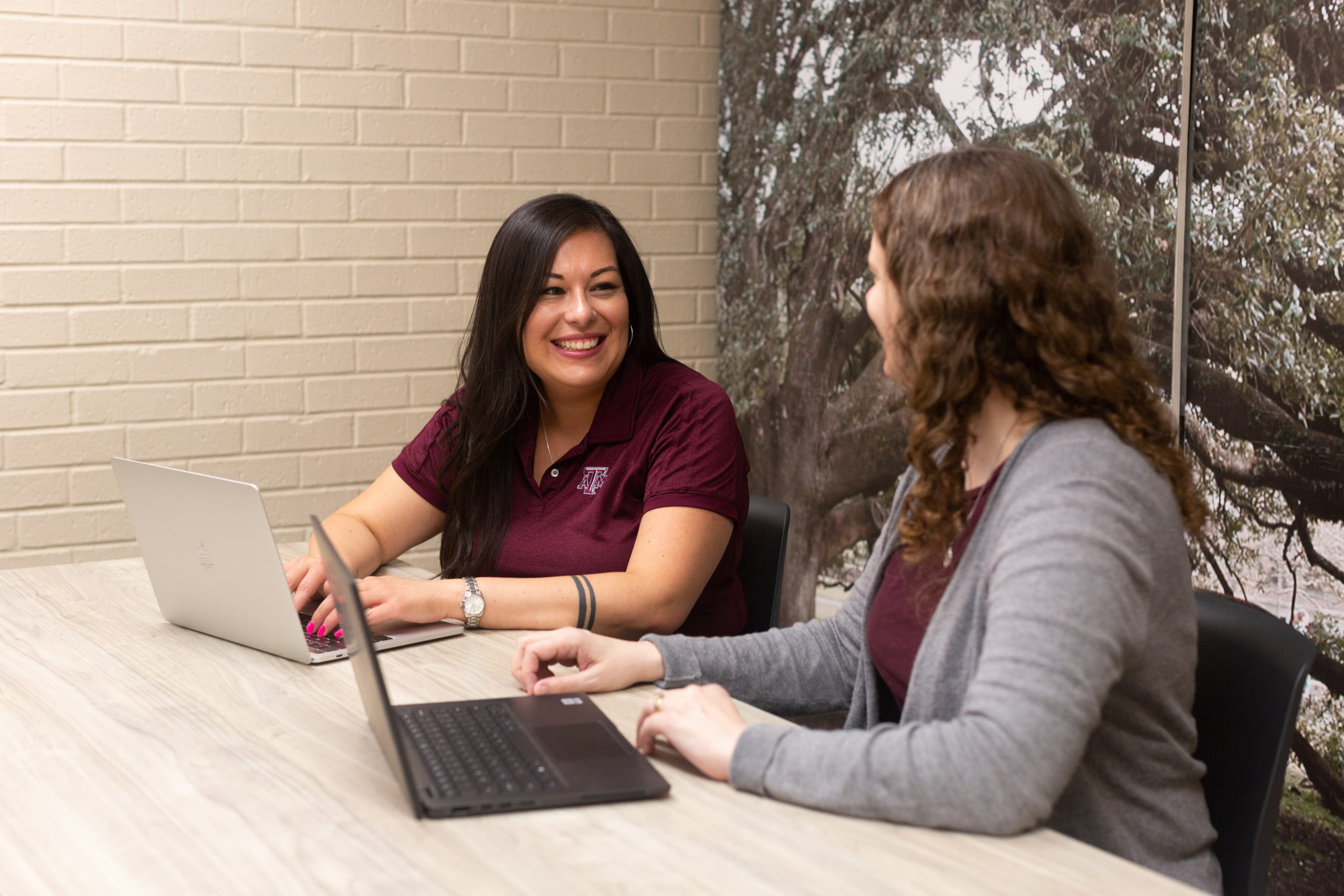
Fostering success for student veterans
Students in higher education are more diverse than ever. A commonly overlooked but dramatically increasing subset of that diversity are student veterans — who are quite diverse themselves.
61.8% of student veterans are first-generation college students. They are also more likely to have children, be married and are older than traditionally-aged undergraduate peers.
Troop reductions and combat withdrawal explain veterans’ flock to higher education, but the Post-9/11 GI Bill makes it financially possible. The bill, which provides financial support to veterans for postsecondary education, currently helps 773,000 eligible individuals receive educational benefits according to the U.S. Department of Veterans Affairs.
Although the GI Bill makes higher education financially easier, the shift from military service to college presents challenges. Higher education expert Dr. Vicente Lechuga is studying how to help student veterans through the transition.
“As I looked into the literature on student veterans, I realized that they were facing difficult challenges during their transition from the military to college — very similar to those faced by marginalized students,” Lechuga said.
Early wake up calls, daily physical training and intense levels of accountability are just a few examples of the highly-structured environment that fosters success in the military. By contrast, the college environment is self-directed — you build your own schedule, completing homework and readings when it suits you, with no one telling you exactly what to do or how to do it.
Student veteran Sarah LeMire, who completed her undergraduate degree prior to military service, said transitioning from active-duty military to graduate school was a bit of a culture shock.
“For a while, it felt a bit surreal to be back in a campus environment,” LeMire said.
LeMire served as an Arabic linguist in the Army from 2002 to 2007. She is now a doctoral student in higher education administration and works full-time as a librarian at Texas A&M.
How intrinsic motivation is formed
Success in the college environment requires intrinsic motivation, or motivation that comes from within. Lechuga interviewed student veterans to understand how intrinsic motivation develops in this population during their transition to college.
Lechuga and co-authors found that individuals have three basic needs — competence, autonomy, and relatedness — that must be met to foster the development of intrinsic motivation.
“We found that first, the student veterans in our study felt competent in college when they drew from their successful military careers to help them understand how to contend with academic concerns such as coursework, choice of majors or simply attending classes regularly,” Lechuga said.
LeMire echoed Lechuga’s findings, stating that she learned persistence in the military — how to push herself and not give up.
Second, Lechuga said student veterans developed a sense of autonomy, or freedom to make choices by and for themselves, by learning how to adapt to their new college environments.
“For example, many compared a college campus to a new military base they were deployed to and needed to learn how to navigate,” Lechuga said. “Once they figured out how to do this on a college campus, they began to understand the processes and procedures of importance to them as student veterans.”
Lastly, they connected and built friendships with students who had similar life experiences that could help them understand college life.
“They also relied on family and other close friends who provided much needed support to help them succeed,” Lechuga said.
Current student veteran Alyssa (Knuth) Sanchez ’21 said persistence in her degree would not have been possible without the love and support of her close friends and parents, Ralph and Lydia Sanchez.
“Even though I am a first-generation college student and granddaughter of immigrants, the value and importance of a higher education was not lost on my family and instilled from an early age,” Sanchez said.
Sanchez, who served in the United States Marine Corps from 2009-2011, is pursuing a degree in human resource development in our Department of Educational Administration and Human Resource Development and works full-time in Admissions for Texas A&M.
LeMire found support in family, but also encouraged seeking relationships with fellow veterans and faculty.
“I would encourage veterans to talk to their professors,” LeMire said. “I have found that most of my professors are very supportive and invested in my success.”
What higher ed can do
Roughly one-in-four veterans report transitioning from military service to civilian life is somewhat difficult. Although transition programs exist, they rarely address college readiness. Lechuga said this gap is where institutions should step in to provide resources for support
“What colleges and universities need to understand is that student veterans are another underserved and marginalized college population that need additional assistance,” Lechuga said.
With nearly 1,300 student veterans, Lechuga revered Texas A&M as a leader in supporting veteran students’ transition. Since 2012, the Don & Ellie Knauss Veteran Resource and Support Center has provided personalized and continuous support to Aggie undergraduate and graduate student veterans and military-affiliated students.
Sanchez said the staff at VRSC exemplified what it means to be a part of the Aggie Family. From admissions advising to financial aid, Sanchez said staff all over Texas A&M were vital to her success.
“The supportive staff in the Veterans Resource and Support Center as well as the Veteran Services Office on campus have truly assisted in the most difficult parts of the college experience,” Sanchez said.
What veterans can do
Lechuga said the responsibility for adapting to college lies with both the university and the individual student veteran.
“Higher education institutions and student veterans should not be thought of as passive observers,” Lechuga said. “They should work in tandem with each other with the focus and goal being on the success of the student.”
Sanchez advises student veterans just starting out in higher education to keep themselves accountable, because it is the key to ensuring progress in an environment where no one is telling you exactly what to do. She said success oftentimes means being vulnerable enough to ask for help.
“There are various campus resources tailored to veterans that the only detriment to your success could be yourself,” Sanchez said. “Find like-minded companions whose goals are similar to yours, couple it with regular physical activity, keep what you consume, visually and physically in check, and find your new balance.”
Lechuga said together with student veterans’ hard work and perseverance, colleges and universities can provide a productive and memorable college-going experience from the time of enrollment through graduation.
Lechuga hopes to conduct future research on this topic, using this study as a foundation. Next, he plans to investigate the barriers and challenges that student veterans face which contribute to their departure from college.
About the Writer
Heather is responsible for news coverage in the Department of Health and Kinesiology, as well as the Department of Educational Administration and Human Resource Development.
Articles by HeatherFor media inquiries, contact Justin Elizalde.



